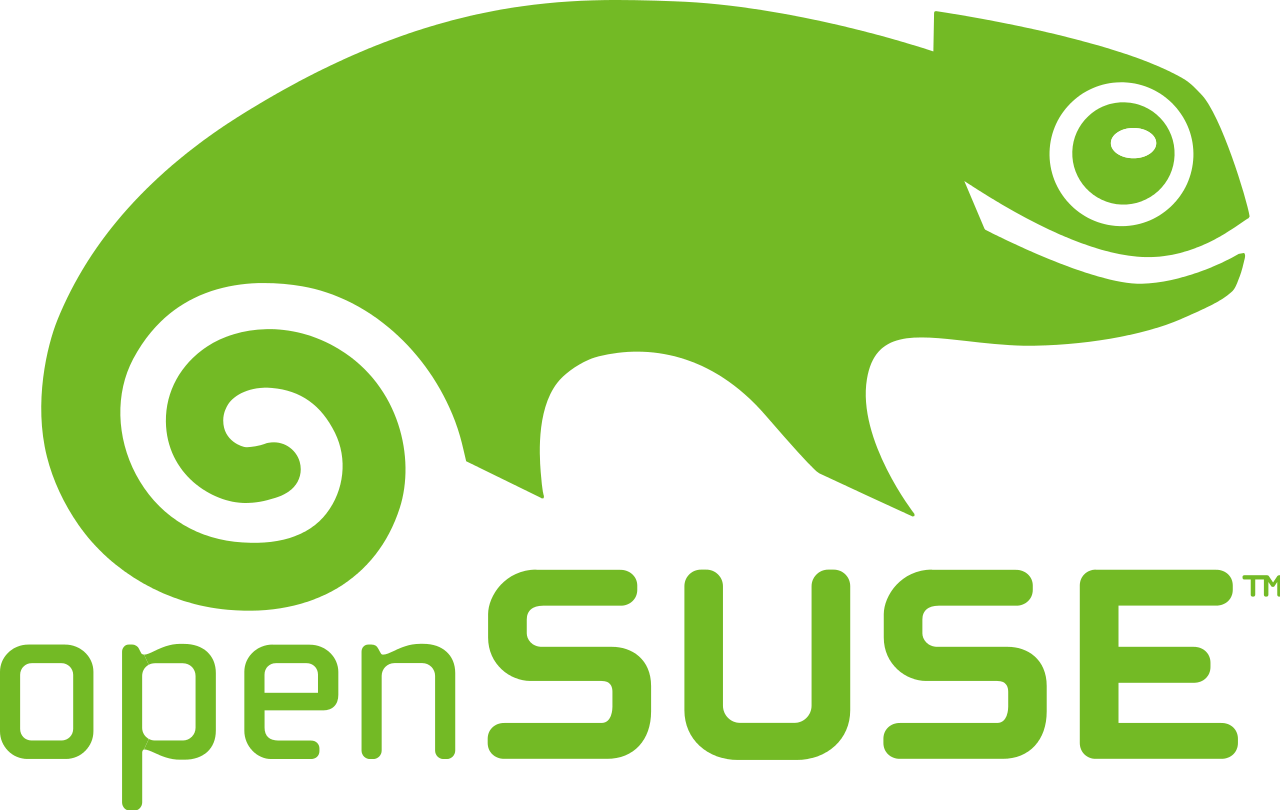 CLOUD
CLOUD
 CLOUD
CLOUD
 CLOUD
CLOUD
Enterprise Linux company SUSE is getting serious about application containers with the beta launch of a new container as a service platform Wednesday.
CaaS is a model where information technology organizations and developers can work together to build, ship and run their applications anywhere. It enables a secured and managed application environment consisting of content and infrastructure, from which developers can build and deploy applications in a self-service manner.
By choosing a CaaS model, developers can save themselves the hassle of performing all the leg work needed to get containers up and running, according to SUSE’s pitch. That leg work can be quite extensive, Raj Meel, a marketing manager at SUSE, said in a blog post.
“There are a lot of decisions to be made before you are ready for production/deployment of container apps,” Meel said. “What orchestration tools to use, how to manage registry of images, can the registry images be trusted, how to securely collaborate in developing apps, how to surgically patch container images for vulnerabilities, how to scale, and so on.”
SUSE’s CaaS platform offers an easy way to provision, manage and scale container-based applications and services, the company said. It describes the new service as a “container application development and hosting platform that automates the tedious management tasks, allowing customers to focus on development and writing apps to meet business goals.”
SUSE said the beta version of its CaaS will be available later this month.
As well as the new release, SUSE has also signed up as a gold member of the Cloud Native Computing Foundation. The CNCF’s mission is to make it simpler to assemble all the moving parts needed for fast and easy cloud-native development, and SUSE will be a part of that effort, focusing on the orchestration and management of container and cloud-native applications, it said.
“The ultimate goal is remove some of the complexity by contributing, interfacing, then packaging all those technologies together for real life use,” Thomas Di Giacomo, chief technology officer at SUSE, said in a blog post.
Support our open free content by sharing and engaging with our content and community.
Where Technology Leaders Connect, Share Intelligence & Create Opportunities
SiliconANGLE Media is a recognized leader in digital media innovation serving innovative audiences and brands, bringing together cutting-edge technology, influential content, strategic insights and real-time audience engagement. As the parent company of SiliconANGLE, theCUBE Network, theCUBE Research, CUBE365, theCUBE AI and theCUBE SuperStudios — such as those established in Silicon Valley and the New York Stock Exchange (NYSE) — SiliconANGLE Media operates at the intersection of media, technology, and AI. .
Founded by tech visionaries John Furrier and Dave Vellante, SiliconANGLE Media has built a powerful ecosystem of industry-leading digital media brands, with a reach of 15+ million elite tech professionals. The company’s new, proprietary theCUBE AI Video cloud is breaking ground in audience interaction, leveraging theCUBEai.com neural network to help technology companies make data-driven decisions and stay at the forefront of industry conversations.